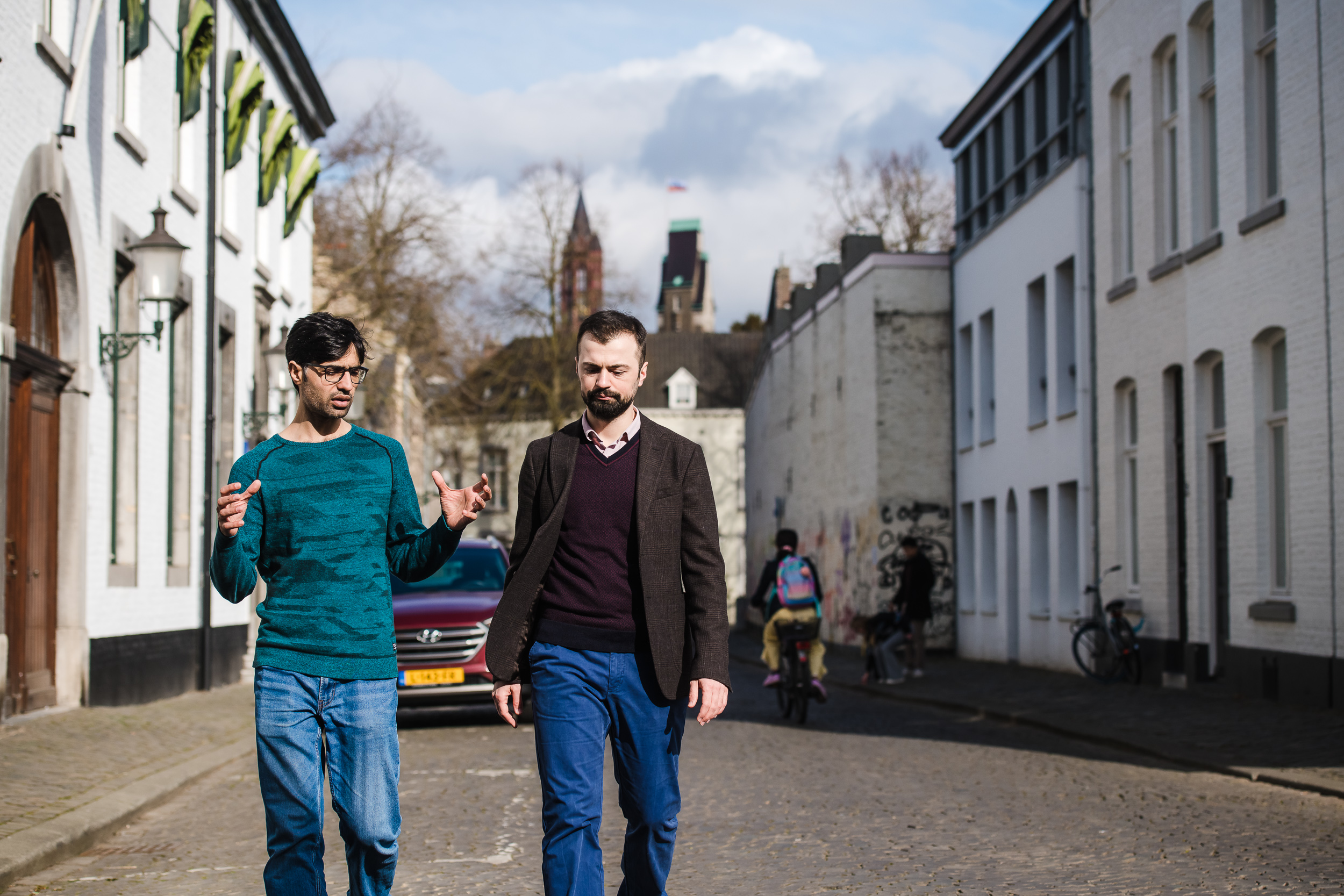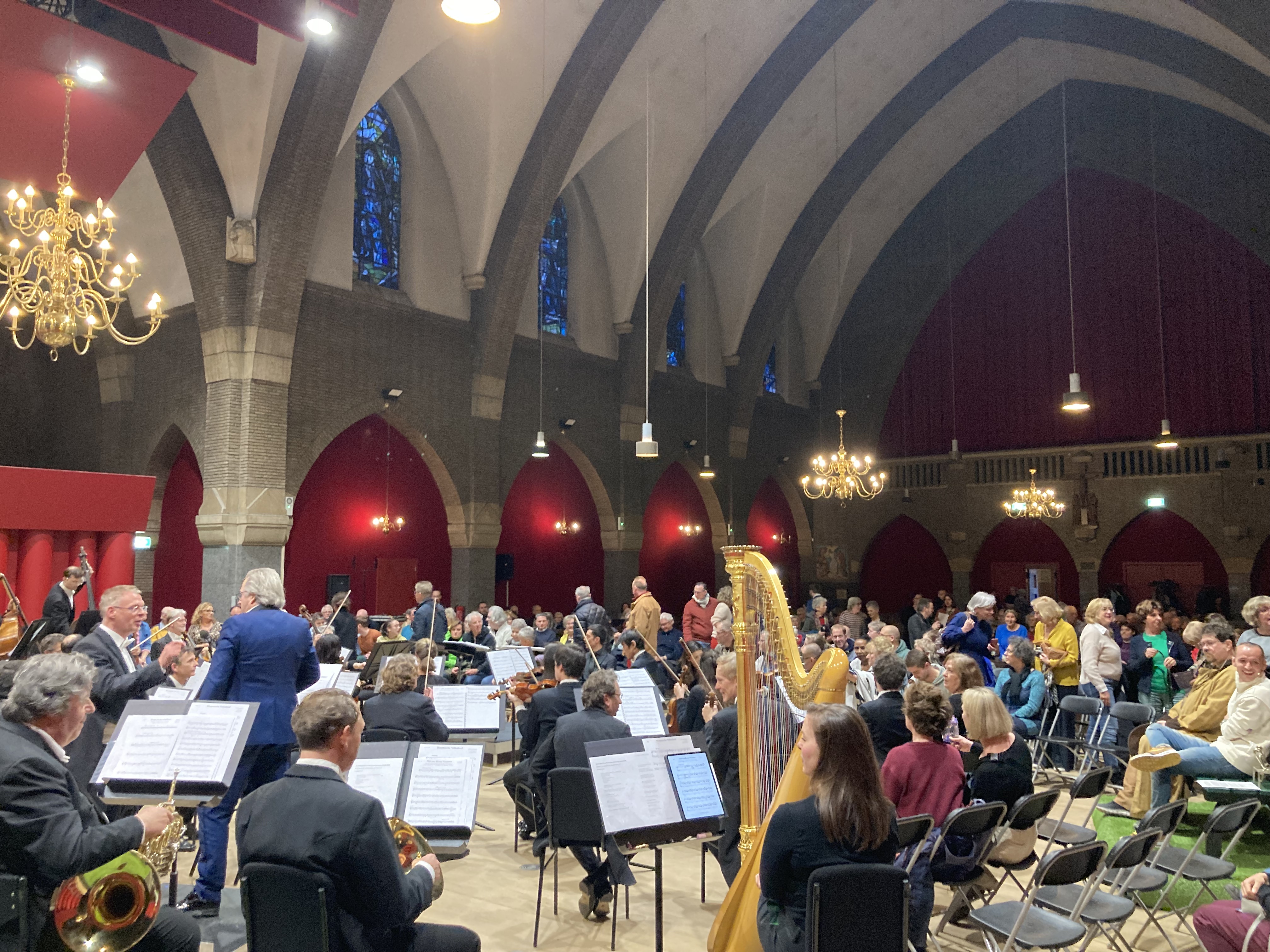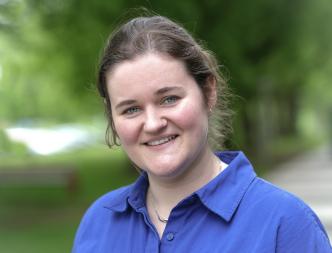A window of opportunity for grant recipients Nasrat and Arif
Both work on their projects at Maastricht University’s Faculty of Law on a Hestia Grant. With that, their paths towards settling in Dutch academia and enriching the knowledge and skills in their home countries might look parallel moving towards the future. But Nasrat Sayed’s and Arif Aksu’s respective research projects are unique stories on their own.
Last year, the Dutch Research Council (NWO) awarded ten grants, funded by the ‘Hestia – Impulse for Refugees in Science’ pilot. They were intended for researchers who had to flee their homeland due to war or another threatening situation. NWO acknowledges that these academics often face obstacles such as a different working language and culture in the countries where they settle. This makes it more difficult for them to continue their academic careers. With the Hestia-pilot, NWO aims to give these academics the chance to join ongoing Dutch research projects.
Combining insights on dimensions
Nasrat joined UM assistant professor Lilian Tsourdi to research the financial governance of EU migration funding. Sayed: “Professor Tsourdi was already working on a project on the internal dimensions. We decided I could examine the external dimensions of this topic.” Because, while EU grants are increasingly being used to pursue migration management objectives in non-EU countries, global shared responsibility remains problematic in protecting refugees. Using an original combination of legal and empirical analysis, this project examines why. It advances knowledge on governance and global responsibility-sharing, and formulates proposals for reform. “In the end, we hope to combine our insights to create a broad perspective on the matter.”
Sayed started his Hestia research last year. “I am in the process of applying for ethical approval. After that, I will finalize my interview guide and recruit interviewees for my research.” The primary data collection is planned for March. “I am also working on making my PhD proposal more concise. I want to focus on the intersections of climate-induced displacement, human security and conflict in Afghanistan, Pakistan and Iran.”

Two of last year’s Hestia grant recipients received a Maastricht University appointment.
Nasrat Sayed, participates in the research project of Dr Lilian Tsourdi, looking into external financial governance of EU migration funding.
Arif Aksu joined Dr Vigjilenca Abazi in her project concerning whistleblowing. Both project leaders were already working on research funded by NWO or ZonMW and applied for additional funding to enable Aksu and Sayed to participate in their projects.
Personal experiences and research opportunities
A double refugee himself, Nasrat focuses his research on this situation in Afghanistan and its neighbouring countries. “I know the region, the language and culture.” Since the late 1970s, ongoing violence, war and conflict have been the reason for many Afghans leaving their home country. His own family, too, has migrated, mainly for safety. Growing up in Pakistan in the 1980s, Nasrat spent almost two decades in Shamshato Refugee Camp in the Northwest of Pakistan. “Although living conditions were poor, we were lucky enough to have access to basic health services and education”, he recalls.
After the engagement of the international community in Afghanistan in 2001, thousands of Afghan families, including the Sayeds, returned to their homeland through the support of UNHCR. In 2006, Nasrat migrated back to Pakistan – as an Afghan student on a Bachelor’s degree. After graduation, Nasrat won a two-year JICA-PEACE scholarship for a Masters in Japan and returned to Afghanistan in 2014. “In the following year, the violence and conflict escalated again in my country. One of the major reasons for this escalation was the withdrawal of most international troops from Afghanistan. So again, thousands of Afghans were forced to leave their home country. This time they mainly fled towards Europe for protection.”
Nasrat worked as a researcher with the Ministry of Rural Rehabilitation and Development (MRRD) and Integrity Watch Afghanistan (IWA) in Afghanistan. In 2018, he completed his second Master’s, a double degree from Maastricht University and United Nations University (UNU), the Netherlands and then started a research job at Maastricht University/UNU-MERIT, with the Migration and Development Research Group. Nasrat: “The Hestia grant was my window of opportunity. To build my career, to establish networks. I would like to integrate myself into Dutch academia and continue my further studies in the field of migration.”
Sharing knowledge and expertise
Nasrat has seen how since the refugee crisis in 2015, funding from the EU towards non-EU countries has grown significantly. “We think EU funding could play a role in global responsibility-sharing in that matter, to ensure protection and grow capacity. We will explore the steering and solidarity potential of EU funding. By analysing the design and administration modes, focusing on Afghanistan, we get to see whether it was effective. That will give us insights and let us make suggestions towards the reform of EU funding.”

Nasrat Sayed has been working at the University of Maastricht/UNU-MERIT as a researcher since 2019. The Hestia grant opens up opportunities for him.
“The funding is for research, and for career development. It offers me a chance to develop my PhD proposal, improve my research skills and expand my network”, he says.

A great transition to a future in research
Arif was still in a refugee camp when he first visited the faculty and later started his master’s. After being imprisoned without any due process, he left his home country and started anew in the Netherlands. “I did my follow-up education in the Netherlands, in criminology. I wanted to move on into academia. To do so, I needed a transition to further improve my academic skills. I thought I wasn’t fully prepared for a PhD. This project provides a great chance for a transition and then, hopefully, a permanent position in Dutch academia.”
During his masters in criminology at Maastricht University, a course on organisational crime brought the concept of whistleblowing to his attention. “It spiked my interest. I tried to write my thesis on whistleblowing. That didn’t work out, so I put the topic to rest. Until I saw Vigjilenca Abazi had been looking for an applicant for this research fund. It matched both my interest and my background.”
Arif’s research into whistleblowing
In collaboration with his project leader, Arif Aksu is looking into whistleblowing as private law enforcement. “Whistleblowing offers a much-needed instrument to ensure accountability. To strengthen the position of the rule of law in society, we can no longer rely solely on existing institutional control mechanisms”, says Aksu, now a researcher at the Department of International and European Law. With their project, the researchers aim to promote knowledge on how whistleblowing can be used to advance law enforcement in the areas of public health, privacy and anti-corruption.
Why is whistleblowing needed to support EU law enforcement? “The enforcement is lagging. For instance, we’ve seen lots of scandals, where European citizens’ rights to privacy and data protection have been violated. European law enforcement agencies do not have sufficient resources to monitor big tech companies. They do not have enough tech experts and the operational capacity to do so. Big tech keeps innovating, developing new techniques. It is hard to identify whether they are crossing the border. Whistleblowers help supervisory authorities to understand the inner workings of those companies and intervene in a timely and effective manner.”

For Arif Aksu, LLM, the Hestia grant opened up possibilities too. Previously, he worked as a detective sergeant, with nearly 4 years of experience in transnational organised crime investigations.
Also read
-
On 3 and 4 April 2024, Philzuid hosted the concert ‘Philstories” at Opus 9 in the Mariaberg neighborhood. Together with Prof. dr. Peter Peters and dr. Veerle Spronck, musicians and staff of Philzuid contacted residents and neighborhood organizations in Mariaberg. During dinners, meetings and cycling...
-
At SHE, Juliët Beuken is researching how healthcare professionals learn to collaborate with each other in practice, and all the challenges that come with it.
-
What does it mean to live and work in a city with an international university? When do you notice the university, and how does it benefit you? We asked Marcell Ignéczi. He came to South Limburg to study at Maastricht University’s Department for Knowledge Engineering, Marcell Ignéczi went on to co...


